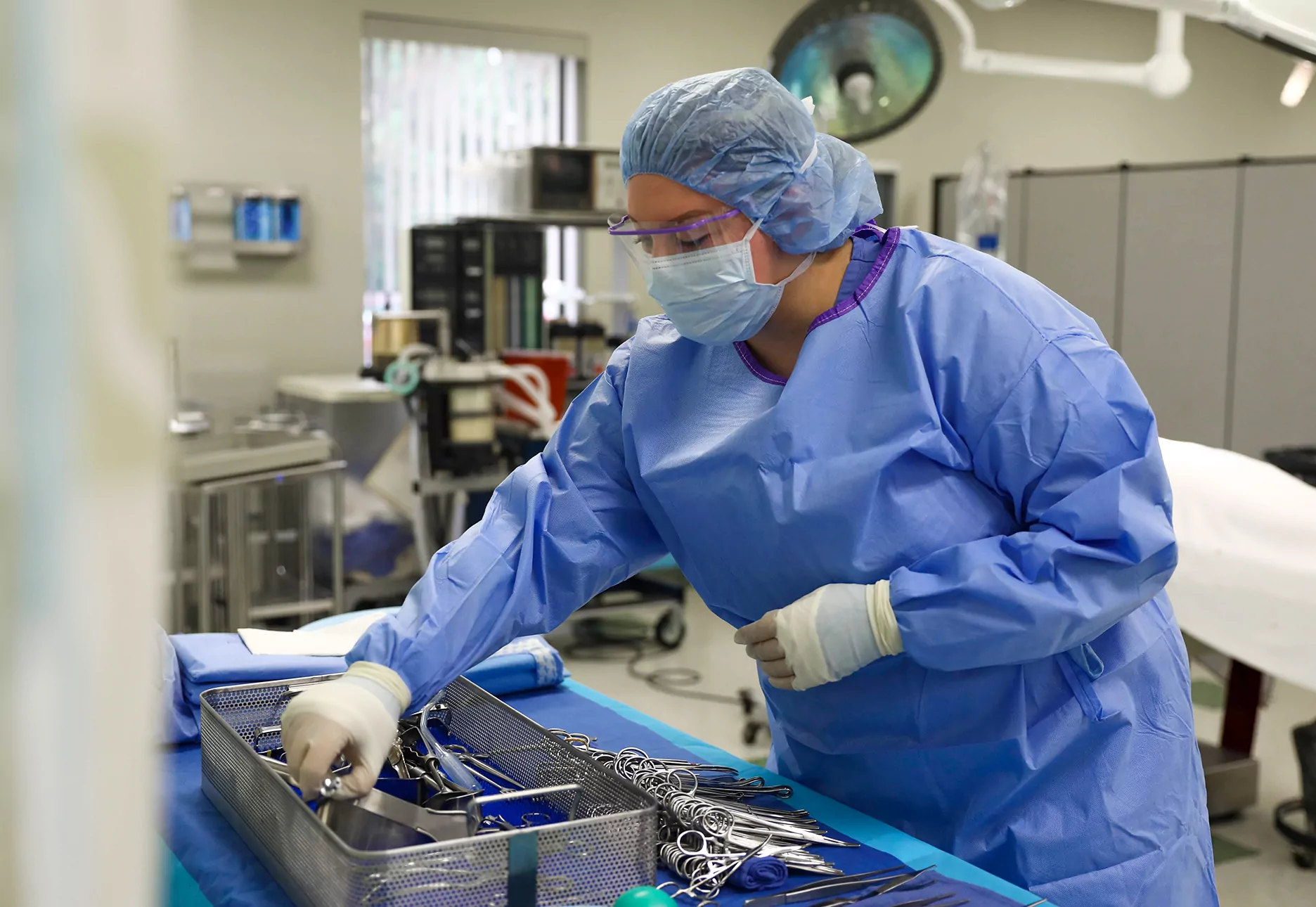Introduction to Surgical Technology
Surgical technology plays a crucial role in modern healthcare, ensuring that surgical german-seo.com/ procedures are carried out smoothly and safely. Surgical technicians, commonly referred to as surgical techs, are vital members of the operating room team, assisting surgeons and nurses before, during, and after surgeries.
Educational Requirements
To become a surgical tech, individuals typically need a high school diploma or equivalent qualification. However, formal training through accredited surgical technology programs is essential to acquire the necessary knowledge and skills for the role. These programs are offered by various educational institutions, including community colleges, vocational schools, and universities.
Duration of Formal Training
The length of formal training programs for surgical technology varies depending on several factors, including the type of program and the institution offering it. On average, these programs can range from nine months to two years. Factors such as full-time or part-time enrollment, program structure, and prerequisites may also affect the duration of the training.
Clinical Training and Internship
In addition to classroom instruction, clinical training is a crucial component of surgical technology education. This hands-on experience allows students to apply their knowledge in real-world healthcare settings, such as hospitals or surgical centers. Clinical training typically lasts several months and is often followed by an internship, where students gain further practical experience under the supervision of experienced surgical techs and other healthcare professionals.
Certification Process
After completing their formal education and clinical training, aspiring surgical techs are eligible to take a certification exam. While certification requirements vary by state, most employers prefer or require certification from nationally recognized organizations such as the National Board of Surgical Technology and Surgical Assisting (NBSTSA) or the National Center for Competency Testing (NCCT).
Preparation for the certification exam may involve additional study time, with many candidates choosing to enroll in review courses or self-study programs to ensure success.
Employment Outlook
The demand for surgical techs is expected to grow in the coming years, driven by factors such as an aging population and advances in medical technology. Job prospects for qualified surgical techs are generally favorable, with opportunities available in hospitals, outpatient surgery centers, and other healthcare facilities.
Advancement Opportunities
While entry-level positions are common for newly certified surgical techs, there are opportunities for career advancement through continued education and specialization. Advanced certifications, such as the Certified Surgical Technologist (CST) credential, can enhance job prospects and earning potential. Additionally, some surgical techs choose to pursue further education and training to become surgical assistants or advance into management roles.
Salary Expectations
The salary of a surgical tech can vary based on factors such as location, experience, and employer. According to the U.S. Bureau of Labor Statistics, the median annual wage for surgical technologists was $49,710 in May 2020. However, experienced surgical techs working in specialized areas or high-demand regions may earn significantly higher salaries.
Conclusion
Becoming a surgical tech requires dedication, commitment, and a passion for healthcare. While the path to this rewarding career may vary in length and intensity, the opportunities for personal and professional growth are abundant. By completing a formal education program, obtaining certification, and gaining practical experience, individuals can embark on a fulfilling career as a vital member of the surgical team.

